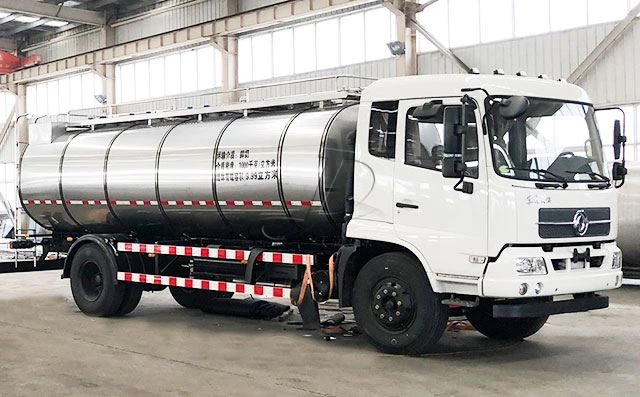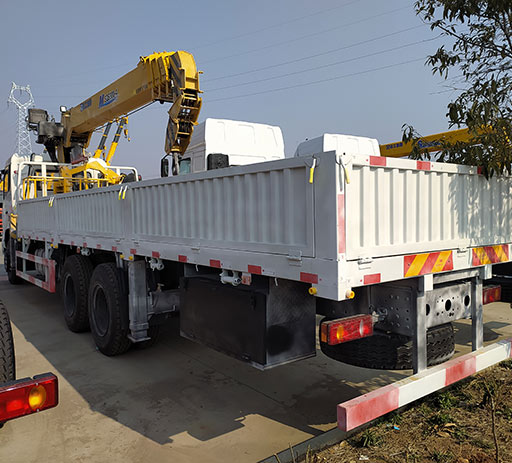Buy a Dumpster: A Comprehensive Guide

When it comes time for a significant renovation, construction project, or a big cleanout, buying a dumpster can save you time, effort, and hassle. This article provides a thorough guide to help you navigate the process of buying a dumpster, from understanding the types available to knowing the costs involved and the factors to consider. Whether you’re a homeowner, contractor, or property manager, knowing how to buy a dumpster is crucial for managing waste effectively.
Understanding Dumpsters

What is a Dumpster?
A dumpster is a large waste container designed to hold debris generated from projects such as home renovations, demolition, landscaping, and large cleanouts. Unlike regular trash cans, dumpsters can handle a bigger quantity and variety of waste, making them an essential tool for significant cleanup efforts.
Types of Dumpsters
When you decide to buy a dumpster, it’s important to know that there are several different types available, each designed for specific purposes:
- Roll-off Dumpsters: These are the most common type, featuring an open-top design and wheels for easy transportation.
- Front-load Dumpsters: Typically used for commercial purposes, these dumpsters have a hinged front for easy access and are often emptied by a specialized truck.
- Construction Dumpsters: Designed specifically for construction debris, these units can handle heavy materials like concrete and metal.
- Yard Waste Dumpsters: Ideal for landscaping projects, these containers are used for organic waste like branches, grass clippings, and leaves.

Reasons to Buy a Dumpster
Convenience
Having a dumpster on-site allows for seamless waste disposal. Rather than making multiple trips to the local landfill or waste management facility, all trash can be contained in one location.
Cost-Effective
Depending on the size and type of dumpster, purchasing one can prove to be more cost-effective than pay-per-load options typically offered by waste disposal services.
Environmental Benefits
Many dumpster rental services are committed to recycling and proper waste disposal, ensuring that your waste is processed responsibly. This can contribute positively to sustainability efforts in your community.
How to Buy a Dumpster
Step 1: Determine Your Needs
The first step in buying a dumpster is assessing what you need it for. Consider the following:
- Type of waste: Are you discarding general waste, construction debris, or yard waste?
- Volume of waste: Estimate the total amount of waste you’ll generate to determine the size of the dumpster you need.
Step 2: Choose the Right Size
Dumpsters come in various sizes, typically measured in cubic yards. Here’s a quick reference:
| Size (Cubic Yards) | Capacity (Equivalent Trash Bags) | Best Used For |
|---|---|---|
| 10 | 50 | Small cleanouts, light remodeling |
| 20 | 100 | Medium renovations, multi-room cleanout |
| 30 | 150 | Larger projects, significant home renovations |
| 40 | 200 | Commercial projects, major construction |
Step 3: Research Providers
Once you’ve determined your needs and size, research local dumpster providers. Consider factors such as:
- Reputation: Read reviews and ask for recommendations.
- Services: Ensure they offer the type of dumpster you need.
- Pricing: Get quotes from multiple providers to compare costs.
Step 4: Check Regulations
Before buying a dumpster, check local regulations regarding waste disposal. Some areas have restrictions on what can go into a dumpster or may require permits for large dumpsters placed on public property.
Step 5: Place Your Order
Once you’ve selected a provider and confirmed availability, place your order. Provide all necessary details, including the size of the dumpster, type of waste, and duration for which you will need it.

Cost Factors When Buying a Dumpster
Size and Type
As noted earlier, the size and type of dumpster will heavily influence the cost. Expect larger dumpsters and specialized units to be more expensive.
Location
Dumpster prices can vary significantly depending on your location. Urban areas might have higher rates due to demand and disposal costs.
Duration of Rental
The longer you keep the dumpster, the higher the total cost. Most providers offer a standard rental period, and additional days will typically incur extra fees.
Weight Limits
Dumpsters typically have weight limits based on the size. Exceeding this limit can lead to additional charges, so it’s crucial to monitor the weight of the items you dispose of.
Disposing of Waste Properly
What Can and Cannot Go in a Dumpster
To manage waste effectively and abide by regulations, it’s vital to know what is acceptable to dispose of in a dumpster:
Accepted Materials
- Household items
- Construction debris
- Yard waste
- Furniture
Prohibited Materials
- Hazardous waste (e.g., chemicals, batteries)
- Electronics
- Flammable materials
- Special waste (e.g., asbestos, medical waste)
Tips for Using a Dumpster Effectively
Organize Waste
To maximize space in your dumpster, organize items by size and weight. Place heavier items at the bottom and lighter ones on top. This helps avoid overloading and maximizes efficiency.
Pad the Bottom
Consider laying down a tarp, plywood, or similar material on the ground before dropping heavy debris into the dumpster. This helps prevent damage to both the dumpster and your driveway or yard.
Keep It Covered
If rain or storm conditions are expected, cover the dumpster with a tarp to prevent water from accumulating and creating sludge.
Frequently Asked Questions (FAQ)
1. Can I rent a dumpster for just one day?
Yes, many providers offer flexible rental periods, including one-day rentals. Be sure to ask about pricing specifics for short-term rentals.
2. How much does it cost to buy a dumpster?
The cost varies widely based on size and type but typically ranges from $200 to $1,000 for a standard rental period. Always check with local providers for exact pricing.
3. Where can I place the dumpster on my property?
Most companies allow you to place a dumpster on your driveway, yard, or construction site, but some municipalities may require permits for public property placements.
4. What should I do if my dumpster is overflowing?
If your dumpster is overflowing, contact your provider immediately. They may advise you on the best way to handle excess waste or arrange for an additional pickup.
5. Can I throw away appliances in a dumpster?
Most dumpster services do not allow large appliances like refrigerators or washers. Check with your provider for their specific policies regarding appliances.
6. Are there environmental regulations regarding dumpster disposal?
Yes, different regions have specific regulations governing waste disposal to ensure environmentally safe practices. Always check with your local waste management guidelines.
Conclusion
Buying a dumpster is a straightforward process, provided you follow the necessary steps and guidelines. From understanding types and costs to knowing how to use one effectively, this comprehensive guide equips you with the knowledge to handle your waste disposal needs efficiently.
